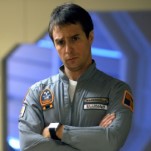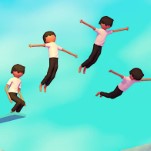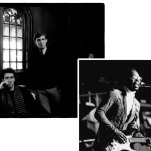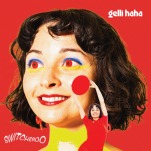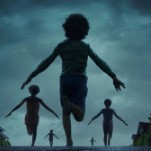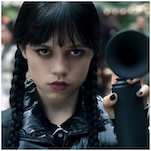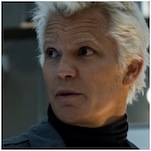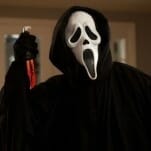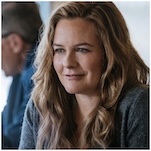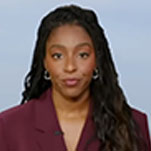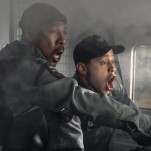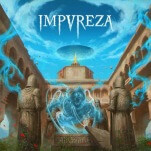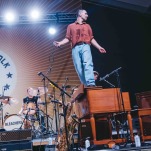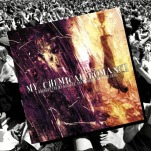Hip-Hop: Beyond Beats and Rhymes
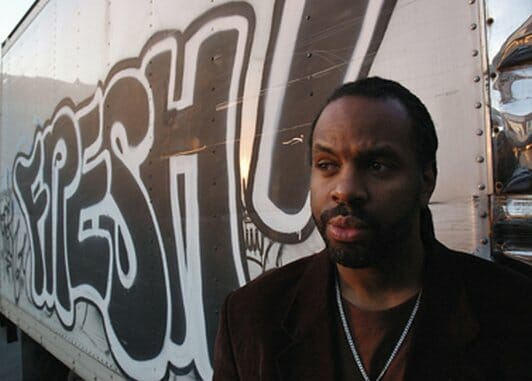
Introducing Endless Mode: A New Games & Anime Site from Paste
[Above: Byron Hurt]
Documentary filmmaker Byron Hurt begins his latest work, Hip-Hop: Beyond Beats and Rhymes, with a disclaimer of sorts. “I want to make this very clear to all my viewers out there,” he says. “I love hip-hop.”
For a fleeting moment, these words seem unnecessary. Of course Hurt loves hip-hop. A New York native, he grew up listening to Big Daddy Kane, A Tribe Called Quest and Kwame and cared enough to spend six years on a 60-minute film dedicated to the genre’s future well being.
-

-

-

-

-

-

-

-

-

-

-

-

-

-

-

-

-

-

-

-

-

-

-

-

-

-

-

-

-

-

-

-

-

-

-

-

-

-

-

-


